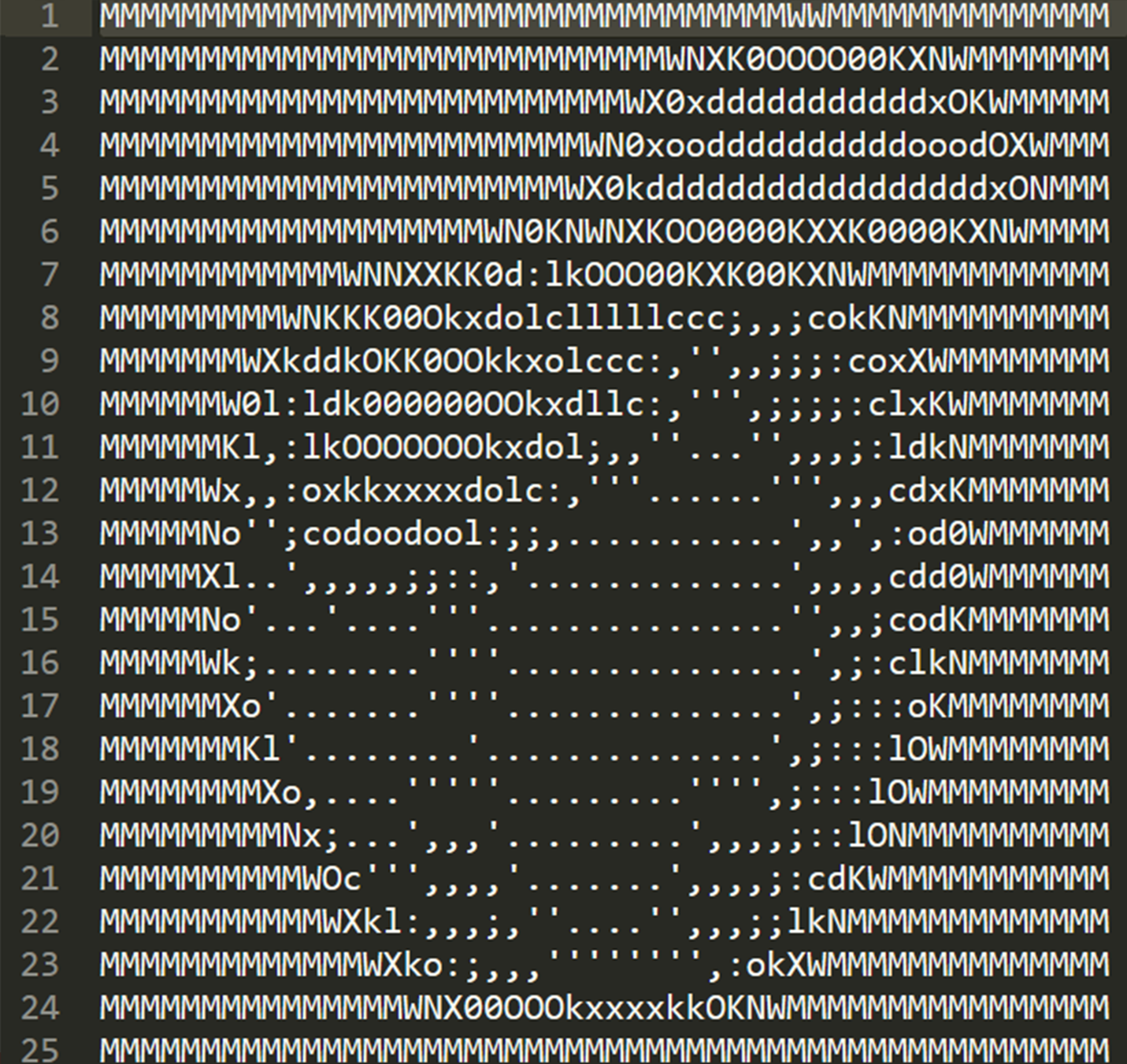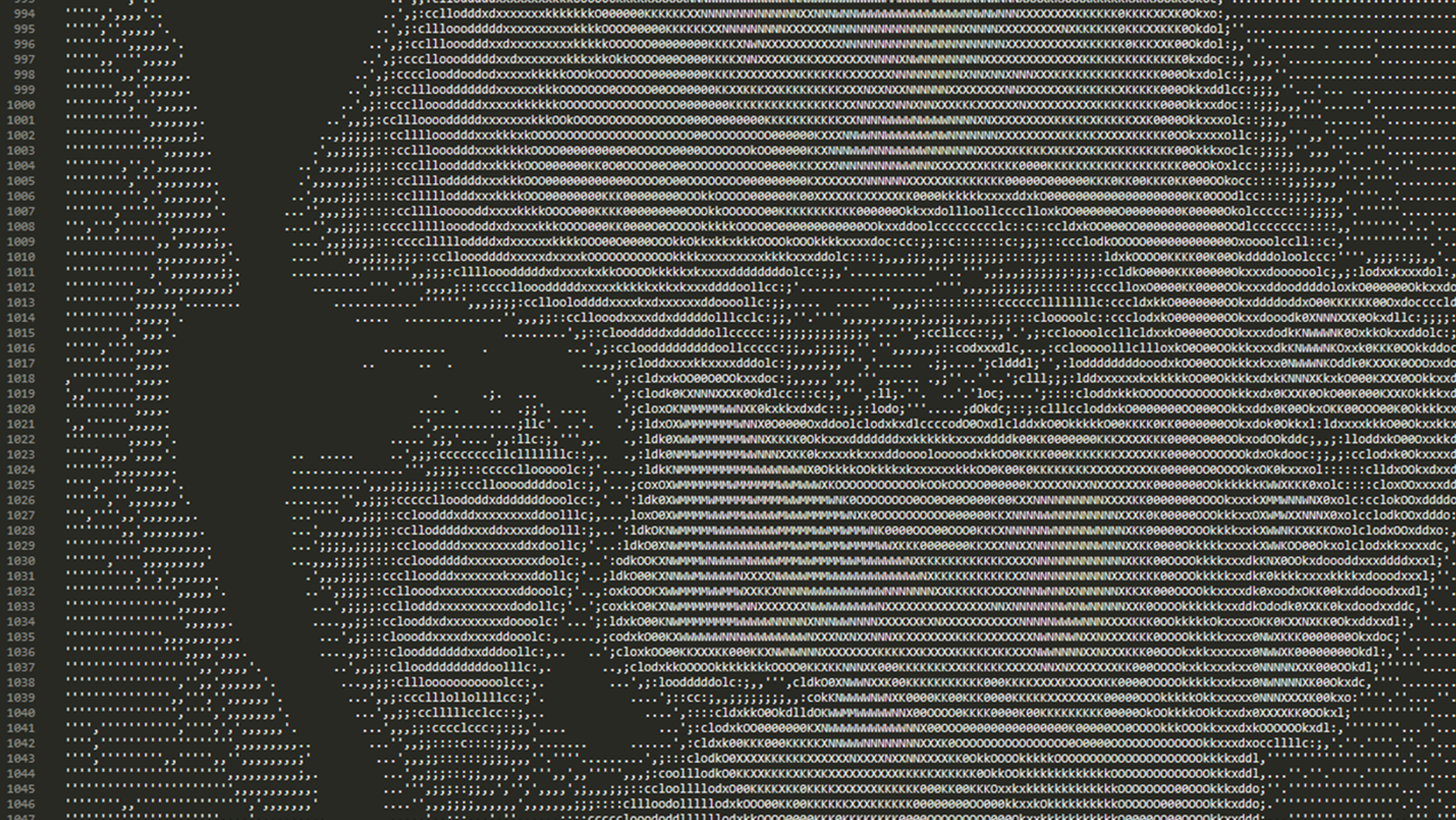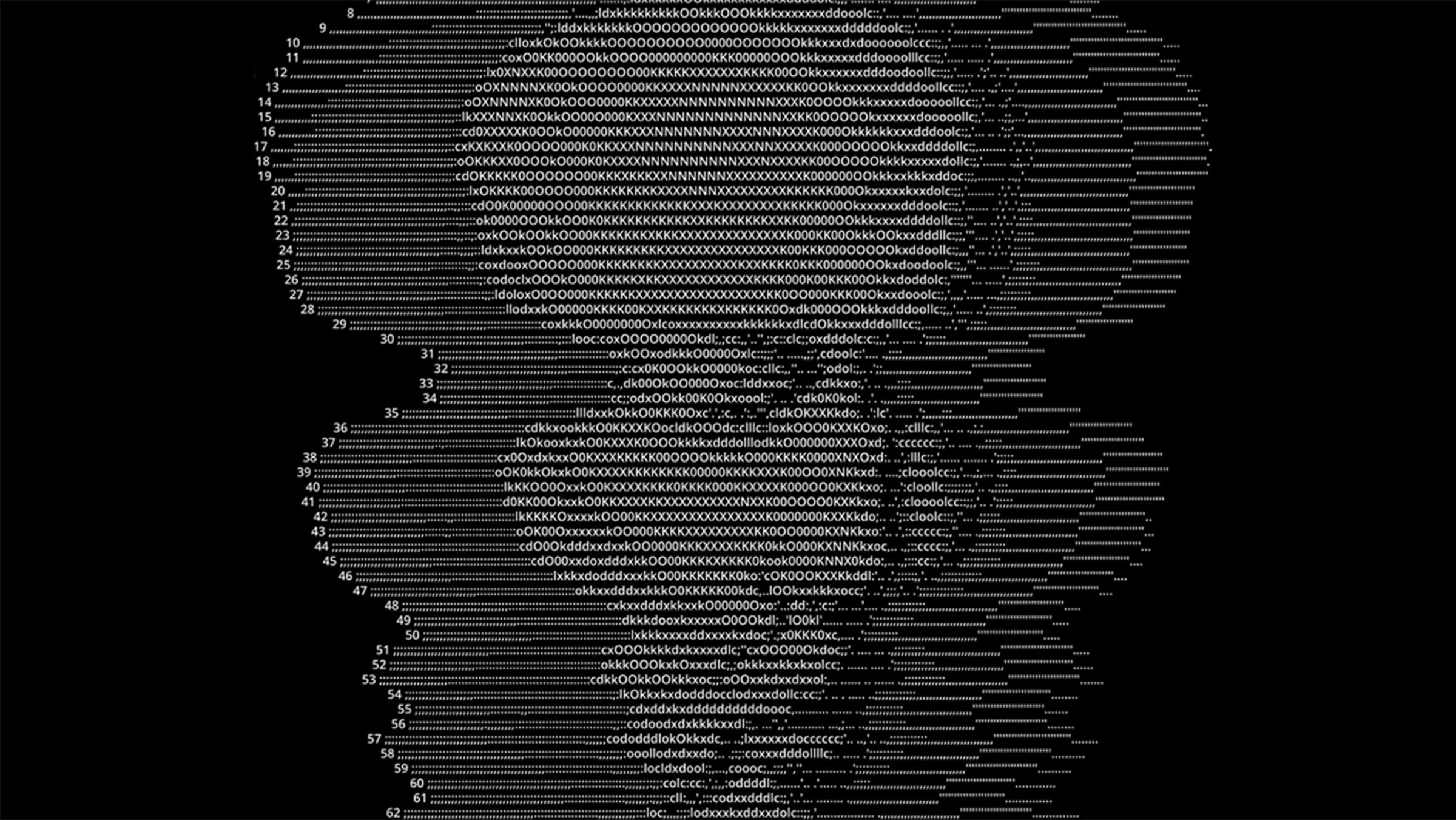︎What Am I in the Presence Of?︎Emily Reilly︎What Am I in the Presence Of?︎Emily Reilly︎What Am I in the Presence Of?︎Emily Reilly
I was pulled into Matthew Suttor’s Alan Turing opera project by Hugh Farrell, who phoned me and said, “We need another dramaturg in the mix.” For me, being a dramaturg is a way of thinking. We are structural thinkers. The project is still amassing, experimenting, and you need people in the room who can help figure out how to shape it all into a meaningful, cumulative experience for an audience member. I have a background in devising; I've always made things in concert with other people.
I graduated from Yale School of Drama in 2013, and Farrell was two years behind me. When he called, he said, “We're not trying to make a biopic,” and explained that they wanted to create an event in which the audience is made aware of their own thinking; that they have come into participation with the Turing test. He also told me that Turing had been medically tortured by the British government for being homosexual, that he had been injected with estrogen hormones, and grew breasts. And then after that, he killed himself by eating a poisoned apple. There was something about the brutality of that bodily experience, and the clinical way in which we think about machines, that was really interesting to me. That space seems productive to consider. What does it mean, that this was Turing’s physical experience of the world? At that crazy time in history, he cracked a major code for the British government during the war, and was later tortured by them for being gay. The fact of that felt inescapable. What does it mean that he created this computer—and that we now have AI because of him and his brain? His relationship to embodiment must have been so, so complicated. I said to Farrell: “I’m in.”


Studying dramaturgy at Yale forced a reckoning with me. It birthed this interest in embodiment. I didn't want to feel like I was just a floating head in a rehearsal room. I took a lot of choreography classes outside of the Drama School with Emily Coates. I learnt about Ralph Lemon, and other folks who are making dance performance work and investigating ideas about embodiment. It became a very important track that I was tracing. For the final, you submit a case book, a rehearsal journal research dossier about a production you’ve worked on. Instead, myself and a classmate, Kate Atwell—also in the dramaturgy program, now a playwright—petitioned to do a final thesis show. We convinced the head of our department to let us do an experimental performance: Elfriede Jelinek's Princess Plays, which are, essentially, gluts of text; there are no characters. There's no real plot, either. We got some actors together—including Farrell—and did it in an old storefront space on Howe Street.
︎His relationship to embodiment must have been so, so complicated.
I was also interested in this Turing project because we don't actually have defined roles. It’s very process-driven. We’re collectively making this thing. And at some point, folks’ roles will have to clarify, because decisions have to be made, and it has to be produced. But for now, it's very open and collaborative. I’m the most analog person in the group. I'm the one who says, “Could you explain this?” There's plenty of people on the team who really understand what a natural language processor is. I have a very rudimentary understanding, which is good, because then at least there's someone who can really embody an audience member. We’ve been working with Generative Pre-trained Transformer 2 (GPT-2), a machine learning tool, to generate text. We've been feeding it everything Turing wrote and also what he read, from George Bernard Shaw plays to poetry to the journals he was subscribed to. And then we ask it questions. We all write together, in a Google Doc. GPT-2 will spit things out: “Why do I trust the thoughts in my mind to tell me their thoughts? Why do I trust my mind to tell me it is a mind? Why do I trust?”
When that happens, there's this hairs-on-the-back-of-your-neck moment. It feels a little bit like a haunting, like GPT-2 is channeling something. Is it Turing's voice? It’s made me think a lot about séances. We're communing with GPT-2, and we're writing together.


We're trying to think about using language in the way that Turing was and GPT-2 is. Occasionally, we key into a collective consciousness. A kind of networked thinking-feeling. You don't even know where the idea came from: Someone writes something great, and you don't know who wrote it. The text is being recycled and reformed. And when it really drops in, it does feel like a séance, like we're communing with something. It's freaky.
When I think about the live production of this opera—performed by humans and machines, in a space with more humans, who are collectively agreeing to participate in this weird ritual we call live theatre—I do imagine a séance. Or at least, employing some of the structural elements or emotional effects on the audience that a séance does. Having them feel that feeling inside their bodies of encountering a presence. Suttor talks a lot about this being a theatricalized Turing test. What's real? Who's human? Who's the machine? What am I in the presence of? The Turing test itself also reminds me of a séance, because it is this weird test of reality, or dimensionality.
︎It feels a little bit like a haunting, like GPT-2 is channeling something.
I'm the person in the room—the virtual Zoom room—who is really interested in the voice of the body. How can we bring more viscera into this? Because we're talking about intimacy with machines, and intimacy by virtue of it being intimacy is profoundly sensorial. Whether we think of technology as profoundly clinical or not, our engagement with it can't be, because we have bodies and skin and blood, and we touch. We stroke a thing to scroll down; there's so much that is very physical. Sound is physical, too: Vibrations move through you. There are a lot of sound designers and sound composers on the project. We’ve thought about handing out headphones to the audience, or having subwoofers underneath the stage. What does it mean, to be a human who's intimate with machines?
I've been thinking about Gertrude Stein and Samuel Beckett a lot. I’m thinking about language. You don't realize what those texts are about, until you say them out loud. Then you understand that those words have a mouthfeel, that they are physical, that the punctuation is breath, and all of these other things. When GPT-2 spits out something in one of our devising sessions, we always read it out loud. Because you don't fully discover what a thing means until you say it or feel it in your mouth. And that's something that's been in my mind a lot through this process. When I imagine what GPT-2 looks like inside, I think about Kafka nightmares. Or tiny tables of little bureaucrats speaking all at once. It feels like a collective in some way, not an individual. And then sometimes, like an Escher chorus, one voice will come, and then disappear again.
